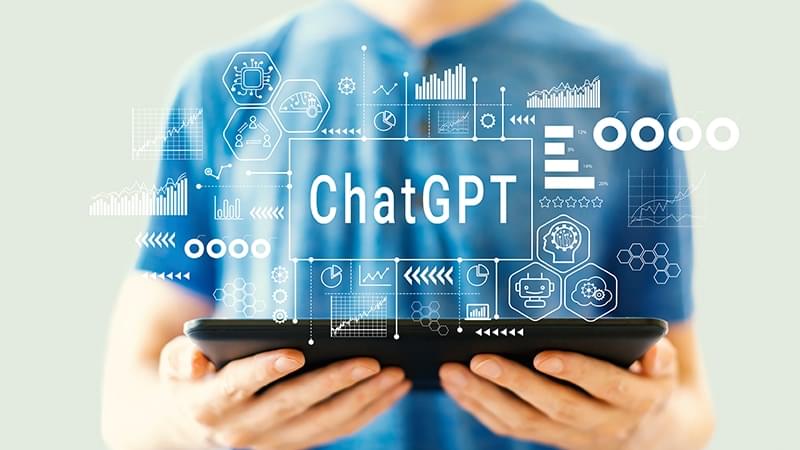Patients arriving at appointments with researched information is not new, but artificial intelligence (AI) tools such as ChatGPT are changing the dynamics.
Their confident presentation can leave physicians feeling that their expertise is challenged. Kumara Raja Sundar, MD, a family medicine physician at Kaiser Permanente Burien Medical Center in Burien, Washington, highlighted this trend in a recent article published in JAMA.
A patient visited Sundar’s clinic reporting dizziness and described her symptoms with unusual precision: “It’s not vertigo, but more like a presyncope feeling.” She then suggested that the tilt table test might be useful for diagnosis.
Occasionally, patient questions reveal subtle familiarity with medical jargon. This may indicate that they either have relevant training or have studied the subject extensively.
(Artificial Intelligence is the science of making machines do things that would require intelligence if done by men — Marvin Minsky. Google helps you gain information with a search engine. AI helps you gain information through algorithms. It is the same thing. However people profit from ignorance).
Patients are showing up with ChatGPT-generated diagnoses, challenging physicians to balance empathy, evidence, and authority in the exam room.
